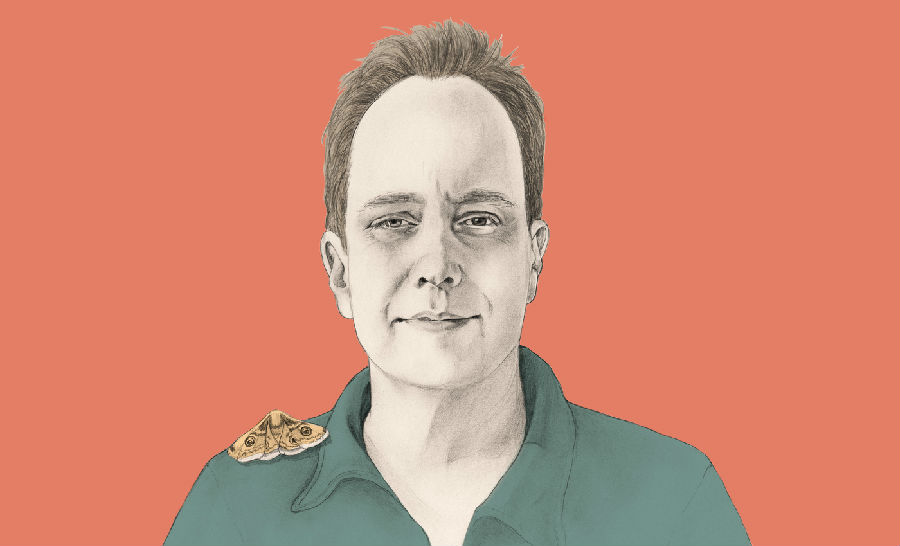JUDY WOODRUFF: Now: another of our Brief But Spectacular episodes, where we ask people about their passions. Jay Allison is a veteran award-winning independent journalist who produces The Moth Radio Hour and is the founder of the public media Web site Transom.org. Tonight, we get his thoughts on how he goes about finding stories for radio and the importance of paying attention.
JAY ALLISON, Radio Producer: Radio isn't a performance medium in the usual sense, where you, or even like TV, where several people might be watching. Generally, it's maybe one person with headphones in, or a person in the kitchen. And if you can make that person stop what they're doing, and stay stopped until you finish the story, then that is our definition of success. When I began in radio, I only talked to people who'd never been interviewed before. The thing about talking to strangers is, you are probably never going to see each other again. If you go and talk to people with a camera, like you're doing, or with a microphone, and focus fully, it as though things come out of lockboxes, and people start revealing things because they can feel that you really care and that you're really paying attention. The conversation that you're having has to be a real one, because, once they start to feel like, oh, this is an interview, then they kind of present themselves in an interviewee way. The amazing thing is when that gets stripped away, and you just see a person whose soul is coming out, or you hear that person. You can hear it in their voices, and you know this a person who's speaking in an unmonitored way. They aren't really caring that it's being recorded, because it's, they feel, like, the necessity of speaking. I work with a microphone and a rig. I disrespect the equipment.

I tap my own face with a microphone, because it's a, sort of a powerful symbolic thing to hold like a stick in your hand and then put it in somebody else's face. So you have to neutralize that. And you have to make it seem like, ah, this is nothing. I'm a believer in the stories of human beings. It's when we fully understand somebody else that we thought we didn't like, that we thought we were afraid of, that we didn't care about, and we hear their story, and we recognize, oh, wait, they're just like me, or maybe they're not just like me, but at least I feel them, then suddenly you fundamentally change. It's as though, when you go out in the world and you encounter actual life, and you collect it, almost like a biologist where they're collecting it, and then you bring it back and you study it, and then you figure out how to present it, how to honor it. And that work of telling the story of the things you find out, I never get tired of it. My name is Jay Allison. That was my Brief But Spectacular take on finding stories.
JUDY WOODRUFF: And we don't get tired of it either. You can find additional Brief But Spectacular episodes on our Web site, PBS.org/NewsHour/Brief.












